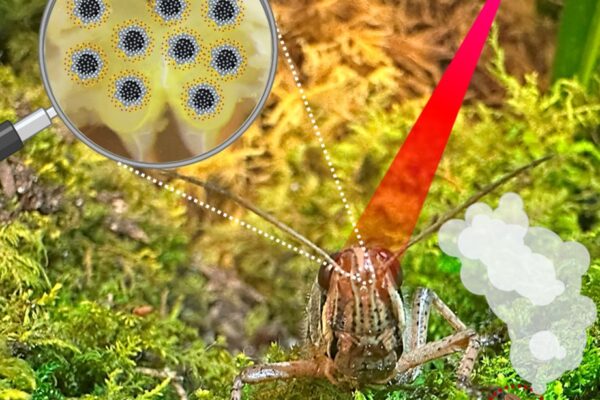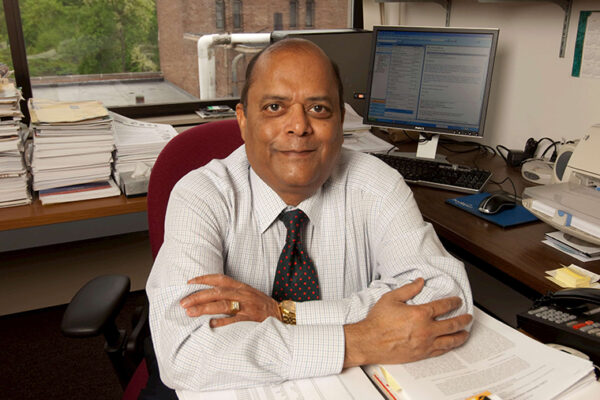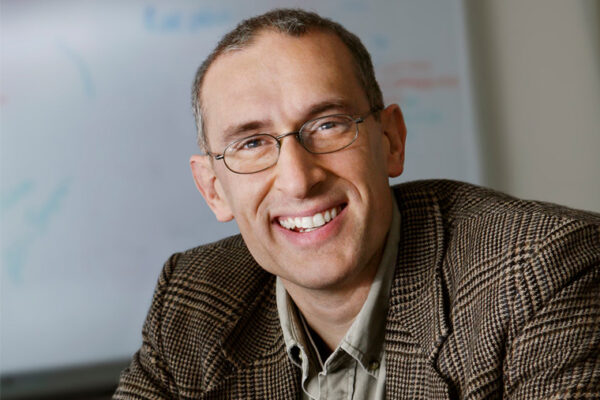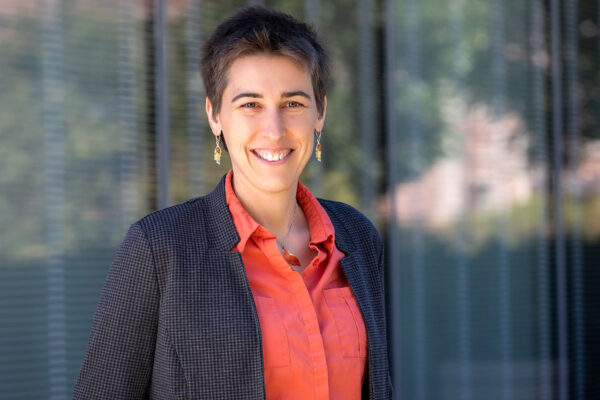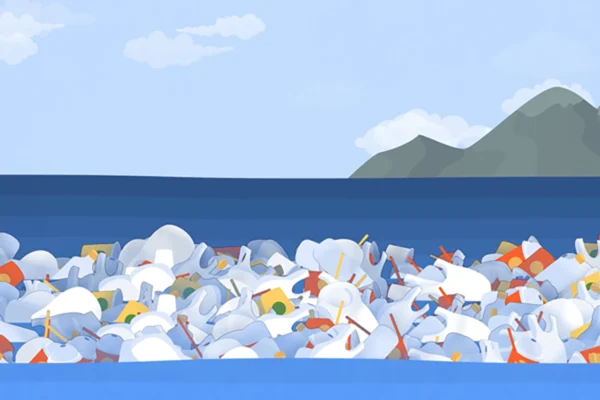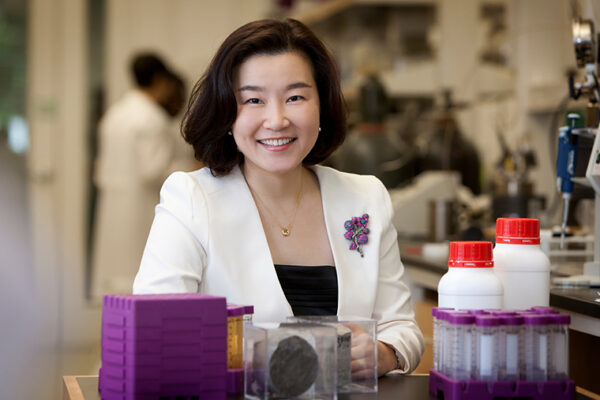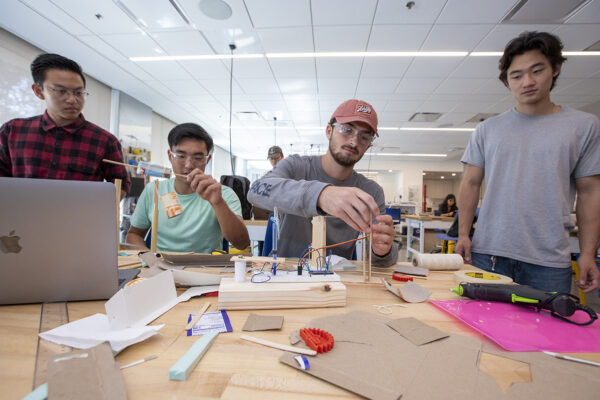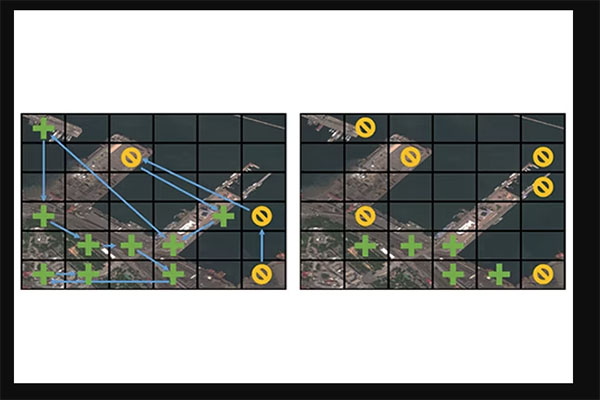WashU awarded up to $20M to create portable device to scan for eye diseases
Chao Zhou, a professor of biomedical engineering in the McKelvey School of Engineering at Washington University in St. Louis, has been awarded an up to $20 million contract from the Advanced Research Projects Agency for Health to improve optical coherence tomography systems that can conduct high-resolution imaging of the eyes.
Locusts’ sense of smell boosted with custom-made nanoparticles
Srikanth Singamaneni and Barani Raman, both professors at the McKelvey School of Engineering, led a team that harnessed the power of specially made nanostructures to enhance the neural response in a locust’s brain to specific odors and to improve their identification of those odors.
Agarwal receives SAE International Award for Aerospace Innovation
Ramesh Agarwal, the William Palm Professor of Engineering in the McKelvey School of Engineering, has been awarded the SAE International Award for Aerospace Innovation.
Genin awarded Savio L-Y. Woo Translational Biomechanics Medal
Guy Genin, the Harold and Kathleen Faught Professor of Mechanical Engineering at the McKelvey School of Engineering, has been awarded the Savio L-Y. Woo Translational Biomechanics Medal from the American Society of Mechanical Engineers.
Weisensee wins Young Investigator Program grant
Patricia Weisensee, an assistant professor of mechanical engineering and materials science at the McKelvey School of Engineering, has received a Young Investigator Program award from the Air Force Office of Scientific Research.
Finding nature-inspired alternatives to plastics focus of new center
A team of researchers in the McKelvey School of Engineering at Washington University in St. Louis has established the Synthetic Biology Manufacturing of Advanced Materials Research Center to work across disciplines to find nature-inspired alternatives to plastics.
Jun receives $1.4 million grant to develop new uses for wastewater
Young-Shin Jun, a professor of energy, environmental and chemical engineering at the McKelvey School of Engineering, has been awarded a $1.4 million
U.S. Department of Energy grant to turn concentrated waste from water purification systems into valuable products for industrial use.
‘Elegance in simplicity:’ A prototype is born
Students at the McKelvey School of Engineering designed prototypes for a device that could help environmental engineers monitor the air quality impact of factory farms in Missouri. The students built their prototypes in the Spartan Light Metal Products Makerspace in Jubel Hall.
Guérin wins grant to enhance atmospheric simulation speed
Roch Guérin, chair of computer science and engineering at the McKelvey School of Engineering, has received a two-year $207,394 grant from the National Science Foundation to improve speed of GEOS-Chem 3D atmospheric simulation software.
New research creates framework for large-scale geospatial exploration
Computer scientists at the McKelvey School of Engineering have developed a framework for large-scale geospatial exploration using a novel visual reasoning model.
View More Stories

